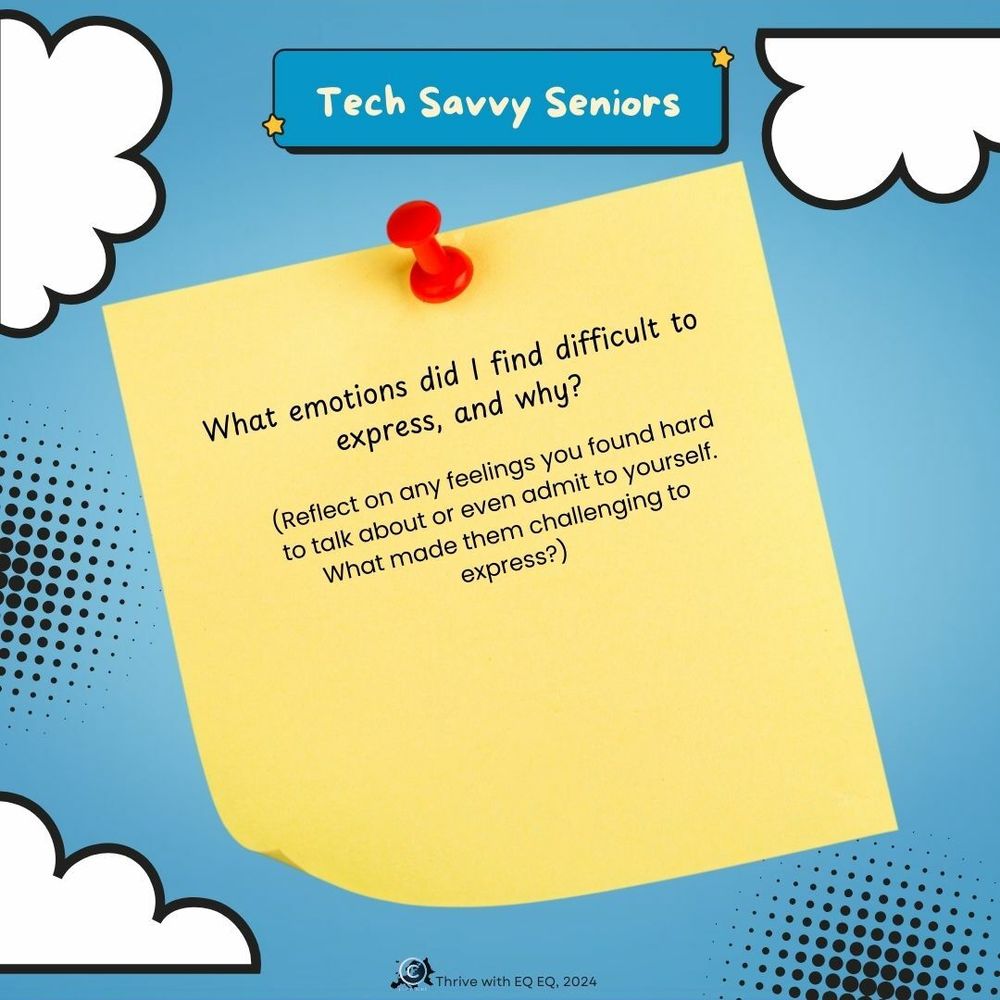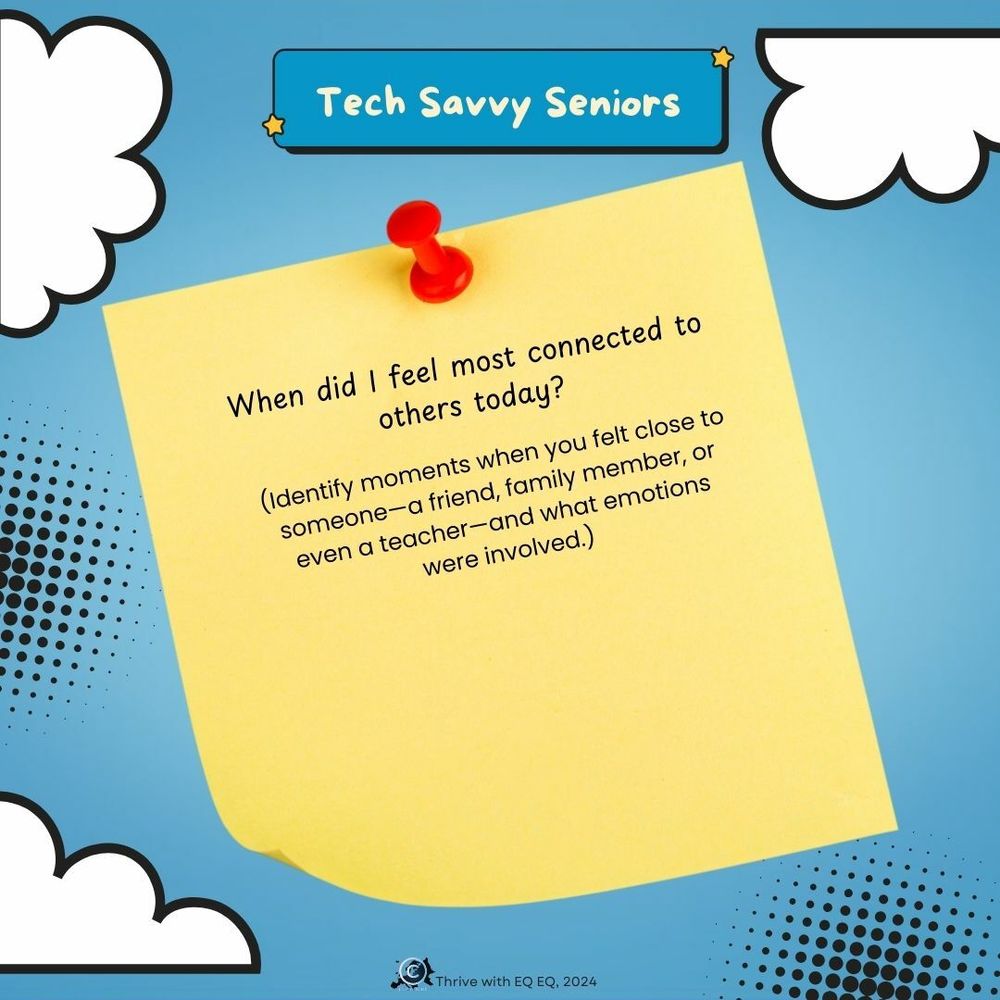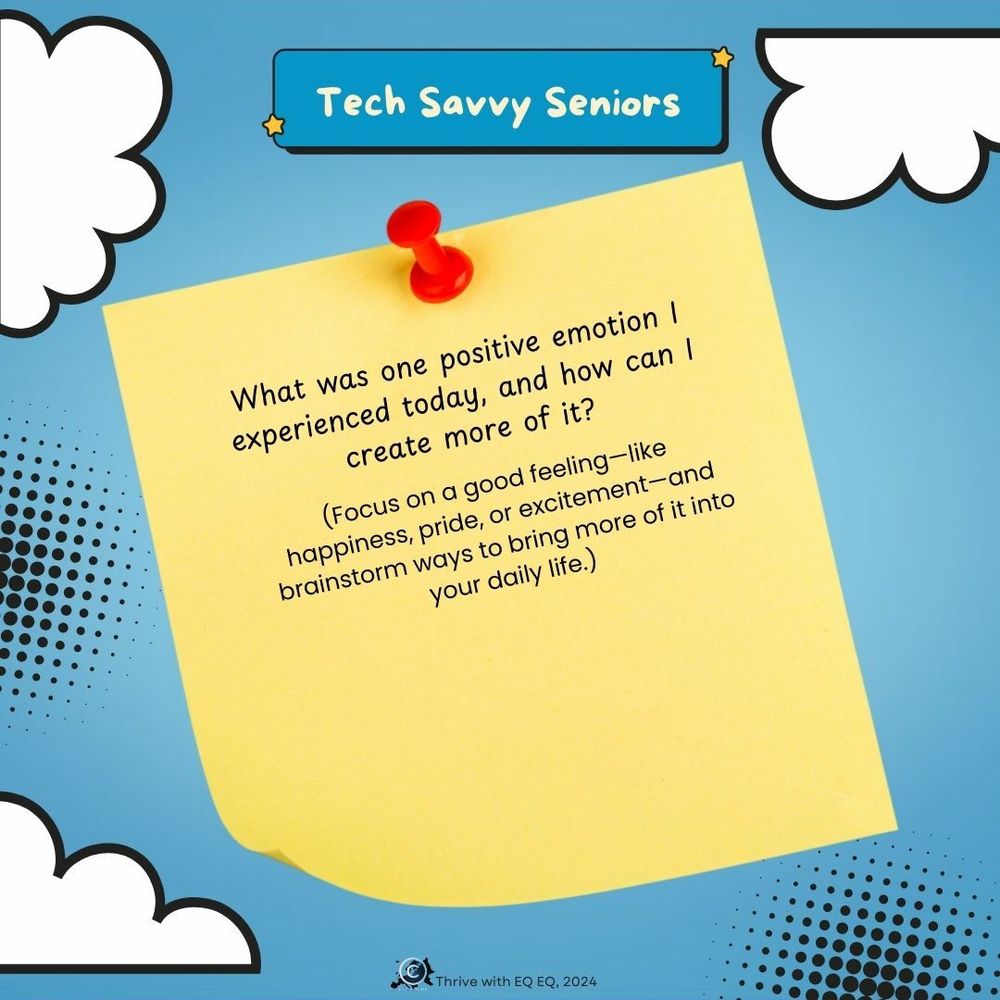Welcome back to Day 16 of your 30-Day Challenge to strengthen your emotional well-being and resilience!
Today, we’re focusing on a skill that’s essential for meaningful connections: active listening. Listening is more than just hearing words—it’s about fully engaging with the person speaking, understanding their message, and responding thoughtfully. When we practice active listening, we show others that we value what they have to say, which strengthens our relationships and builds trust.
Why Active Listening Matters:
As we grow older, our relationships become even more precious. Whether you’re talking with a loved one, a friend, or someone in your community, being truly present in the conversation can deepen your connection and make the other person feel valued. Active listening helps us understand not just the words being spoken but the emotions and intentions behind them. This kind of listening fosters empathy, reduces misunderstandings, and strengthens bonds.
Key Techniques for Active Listening:
1. Maintain Gentle Eye Contact: This shows that you’re fully present and engaged in the conversation, conveying respect and attention.
2. Use Positive Body Language: Nodding, leaning in slightly, and smiling can signal that you’re following along and understanding the speaker’s message.
3. Reflect Back What You’ve Heard: Paraphrase or repeat back what the speaker has said in your own words. This ensures you’ve understood correctly and gives the speaker a chance to clarify if needed.
Practice Makes Perfect:
Take some time today to practice these techniques with someone you’re close to—a friend, family member, or even a neighbour. As you listen, focus on truly understanding their message, not just the words. Notice how your attention and responses affect the conversation. If possible, switch roles and observe how it feels to be truly listened to.
The Experience of Being Heard:
When someone feels truly heard, it validates their experience and strengthens the relationship. Reflecting on this experience can help you appreciate the impact of good communication and identify ways to improve your listening skills further.
Making Active Listening a Habit:
Commit to practicing active listening in all your conversations this week. Pay attention to the impact it has on your relationships, and make an effort to carry these skills into your daily interactions. Over time, active listening can become second nature, enriching your connections with others and deepening your sense of empathy and understanding.
By mastering the art of active listening, you’re not only enhancing your relationships but also reinforcing the emotional resilience that keeps your connections strong and meaningful.
Let’s continue building on these skills as we move forward—see you tomorrow for Day 17 of the Emotional Firewalls Challenge!








